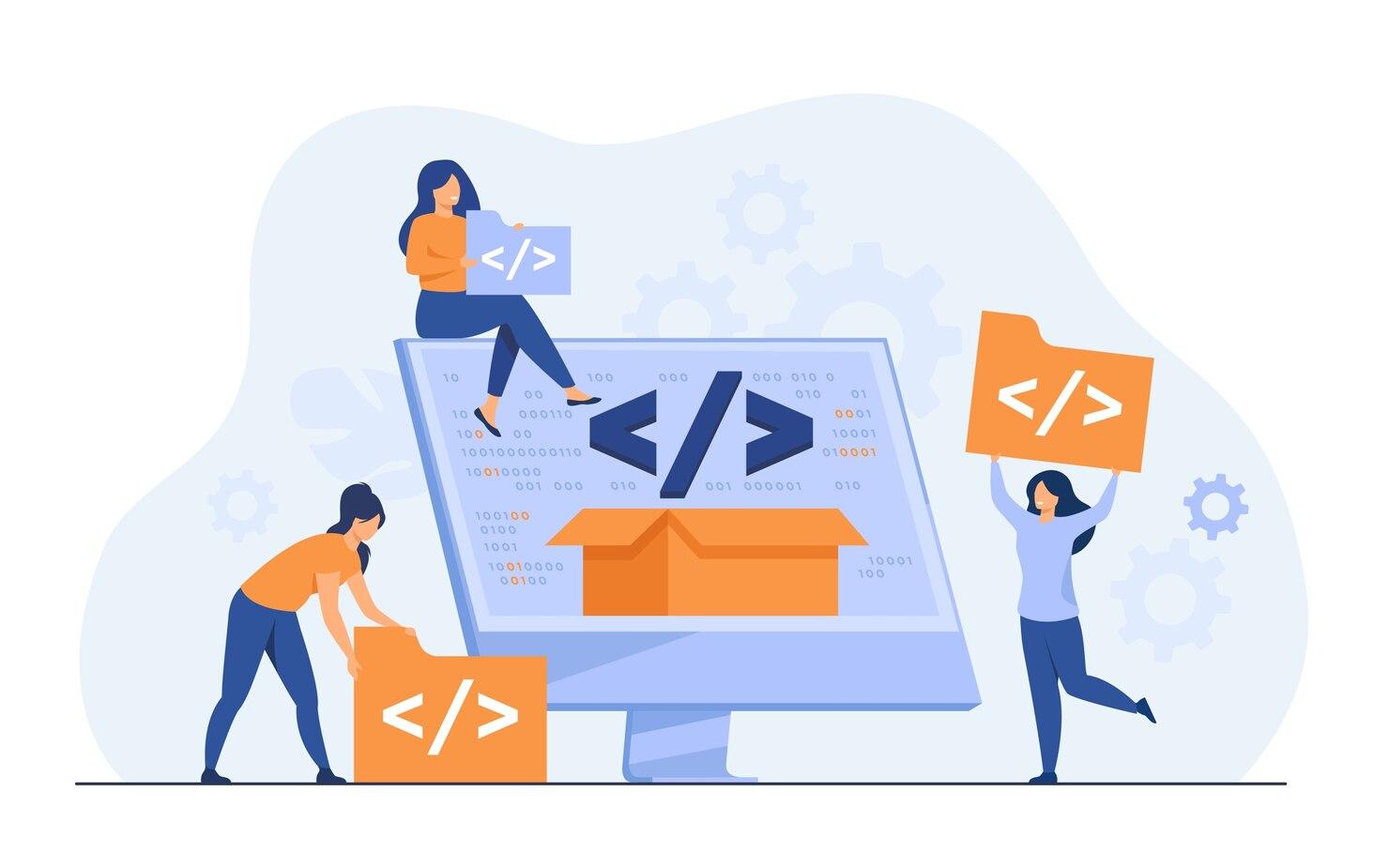Scaling Laravel: Essential Strategies for Performance and Reliability

Scaling a Laravel application isn't just about handling more users; it's about ensuring consistent performance and reliability as your application grows. Whether you're offering Laravel development services or looking to hire Laravel developers , understanding the intricacies of scaling is crucial. Let's delve into the core strategies that can help your Laravel web application scale effectively.
1. Assessing Current Performance
Before scaling, it's vital to understand your application's current performance metrics. Use tools like Laravel Telescope, Blackfire, or New Relic to monitor:
-
Response times : Identify slow endpoints.
-
Database queries : Spot inefficient queries.
-
Memory usage : Detect memory leaks or heavy processes.
Regular monitoring helps pinpoint bottlenecks and areas needing optimization.
2. Optimizing the Codebase
Efficient code is the backbone of a scalable application. Focus on:
-
Eager Loading: Prevent the N+1 query problem by loading related models in a single query.
-
Service Providers: Only load necessary services to reduce overhead.
-
Middleware: Ensure middleware is essential and optimized.
Refactoring and adhering to Laravel's best practices can significantly enhance performance.
3. Database Optimization
The database often becomes a bottleneck as applications scale. Strategies include:
-
Indexing: Index frequently queried columns to speed up searches.
-
Query Optimization: Use Laravel's query builder to write efficient queries.
-
Database Sharding: Distribute data across multiple databases to balance load.
Regularly analyze query performance and adjust as necessary.
4. Implementing Caching Mechanisms
Caching reduces the need to fetch data repeatedly, enhancing speed. Laravel supports:
-
Configuration Caching: Cache configuration files for faster loading.
-
Route Caching: Cache routes to reduce route registration time.
-
Query Caching: Store results of frequent queries.
-
Full Page Caching: Cache entire pages for static content.
Tools like Redis or Memcached can be integrated for efficient caching.
5. Utilizing Queues for Background Tasks
Offload time-consuming tasks to queues to keep the application responsive. Laravel's queue system allows:
-
Email Sending: Process emails asynchronously.
-
Data Processing: Handle large data operations in the background.
-
Notifications: Send user notifications without delaying responses.
Configure workers to process these queues efficiently.
6. Load Balancing and Horizontal Scaling
As traffic grows, distributing the load becomes essential.
-
Load Balancers: Distribute incoming requests across multiple servers.
-
Horizontal Scaling: Add more servers to handle increased load.
-
Stateless Applications: Design applications to be stateless for easier scaling.
Ensure sessions and caches are centralized to maintain consistency across servers.
7. Asset Optimization
Optimizing assets reduces load times and bandwidth usage.
-
Minification: Remove unnecessary characters from CSS and JS files.
-
Bundling: Combine multiple files into one to reduce HTTP requests.
-
Lazy Loading: Load images and scripts only when needed.
Laravel Mix can assist in automating these optimizations.
8. Monitoring and Continuous Improvement
Scaling is an ongoing process. Regularly:
-
Monitor Performance: Use tools to keep an eye on application health.
-
Conduct Load Testing : Simulate traffic to identify potential issues.
-
Gather Feedback : Use logs and user feedback to spot problems.
Continuous monitoring ensures the application remains performing as it scales.
9. Security Considerations
As you scale, security becomes even more critical.
-
Input Validation : Always validate user inputs.
-
Authentication : Implement robust authentication mechanisms.
-
Regular Updates : Keep Laravel and its dependencies updated.
A secure application maintains trust and reliability.
10. Documentation and Team Collaboration
Ensure that scaling strategies are well-documented.
-
Code Documentation : Maintain clear code comments and documentation.
-
Process Documentation : Document deployment and scaling processes.
-
Team Communication : Foster open communication among team members.
Effective collaboration ensures smooth scaling operations.
Scaling a Laravel web application requires a multifaceted approach, focusing on performance, reliability, and maintainability. By implementing these strategies, whether you're providing Laravel development services or aiming to hire Laravel developers , you can ensure your application is prepared to handle growth effectively.
- Art
- Causes
- Crafts
- Dance
- Drinks
- Film
- Fitness
- Food
- Games
- Gardening
- Health
- Home
- Literature
- Music
- Networking
- Other
- Party
- Religion
- Shopping
- Sports
- Theater
- Wellness


